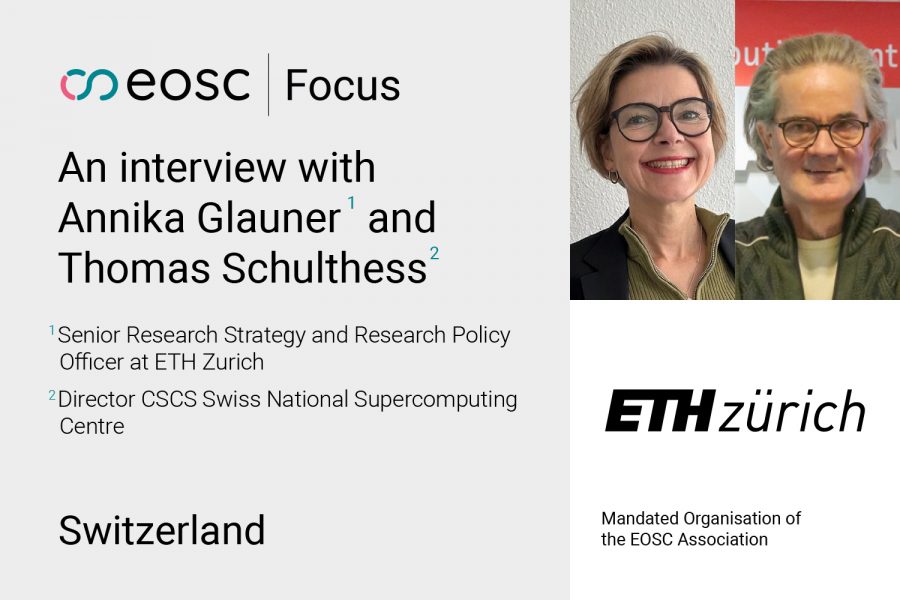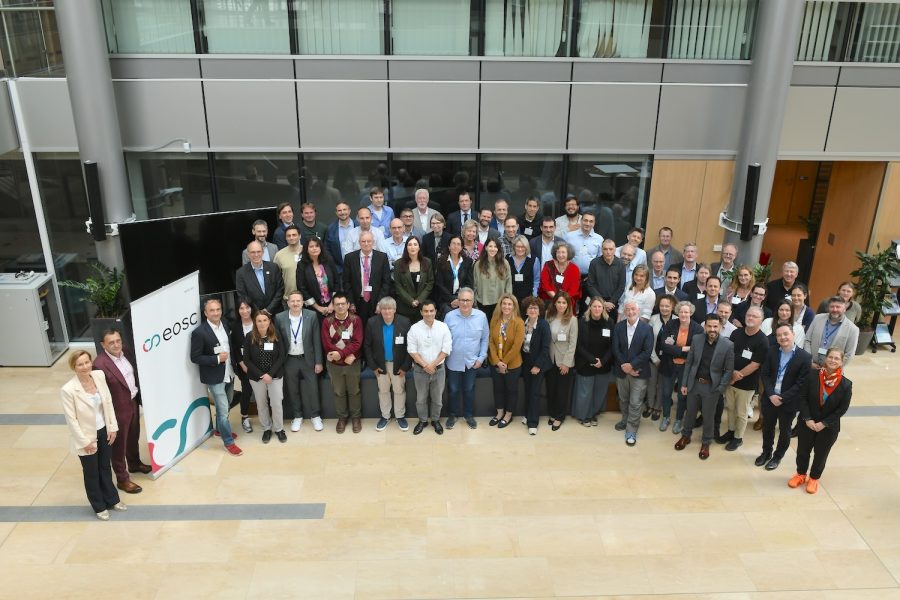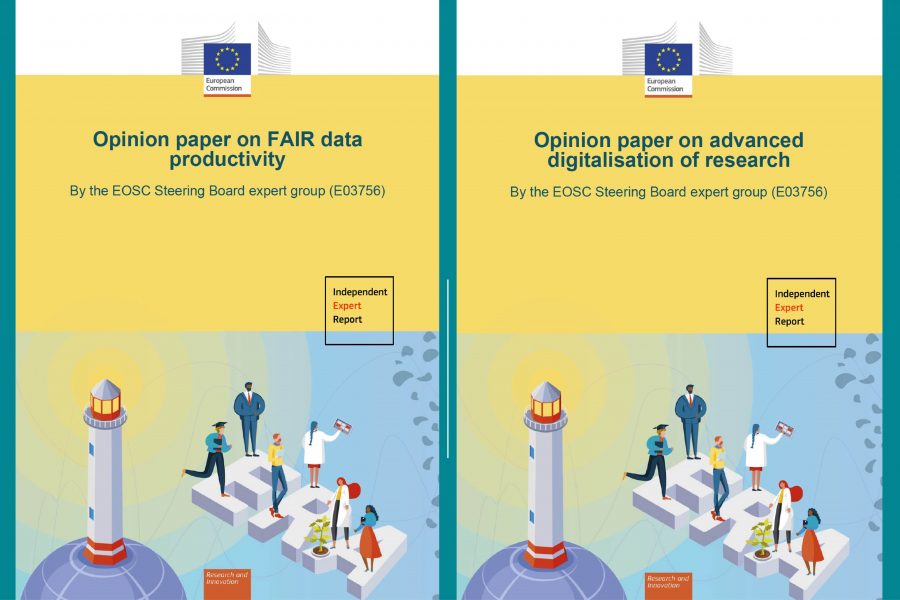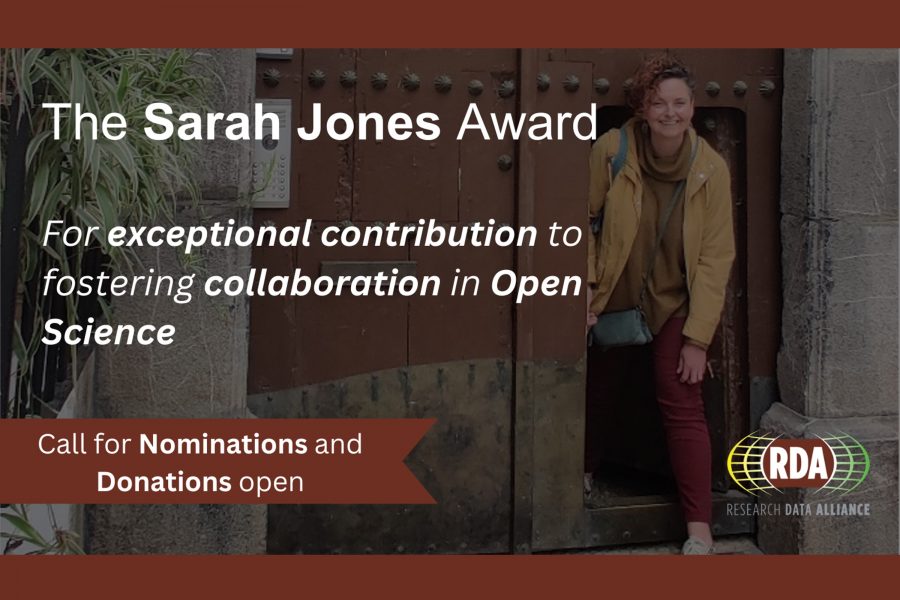The Tenerife Declaration approved during the Spanish Presidency of the Council of the European Union emphasizes the importance of ensuring the sustainability of research infrastructures, extending beyond their initial development and structure, encompassing their governance and financial support. It underscores the necessity to establish a more equitable and geographically widespread network of research infrastructures throughout Europe. To achieve this goal, it advocates the implementation of specific initiatives at both national and European levels, with the aim of more effectively engaging smaller or peripheral EU nations in the infrastructure landscape. Furthermore, the Declaration recognizes the imperative for fostering research careers equipped with new competencies to facilitate the digital transformation of research infrastructures, embracing the vast potential presented by Artificial Intelligence.
With a dedicated focus on Open Science, the Tenerife Declaration strongly urges the “implementation and integration of Open Science policies and practices in Research Infrastructures at European, national, and institutional levels, notably through developing the European Open Science Cloud (EOSC) and implementing the FAIR principles (findable, accessible, interoperable, and reusable), which are essential enablers for high quality research and international collaboration in R&I.
Funders should envisage that an appropriate amount of the access to the facilities is open without unnecessary country restrictions, because such open access enables optimal use of an extended intellectual and creative capital for the benefit of all.
RIs should meet the current and future needs of the R&I community in order to develop and use AI as an essential tool to respond to the current European and global challenges. Access of RIs to large computing resources including for AI use as well as the availability of qualified personnel are key issues.”




